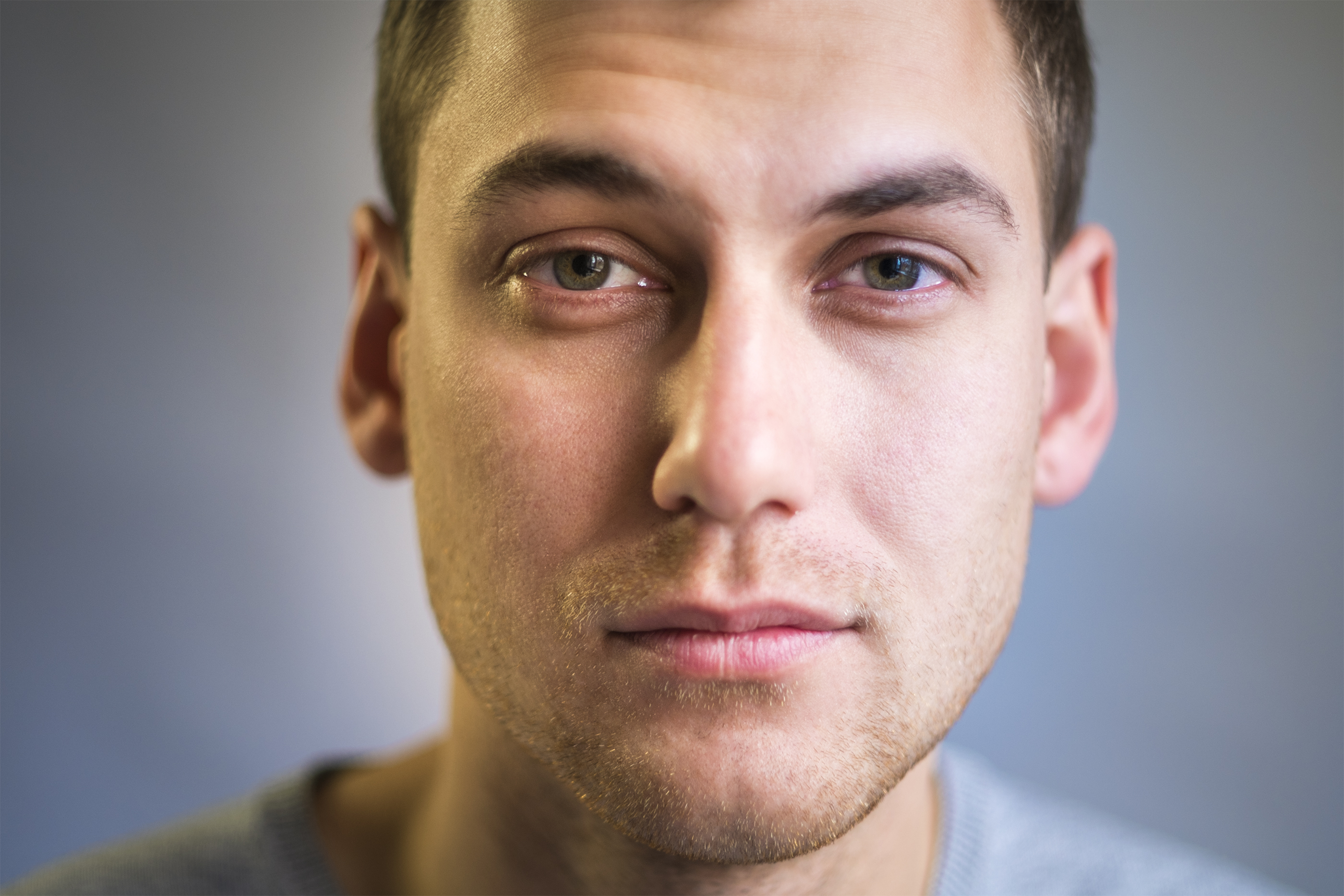When You're Sick, Your Face Is a Dead Giveaway

When a sick person walks into a room, there's a good chance that people around them can tell something's off — even if they aren't coughing, blowing their nose or exhibiting any other obvious signs of illness, according to a small new study.
In the study, published today (Jan. 3) in the journal Proceedings of the Royal Society B, Biological Sciences, researchers demonstrated that people are pretty good at detecting signs of illness in others' faces. When given the choice between photos of healthy faces and photos of sick faces, subjects correctly identified the sick photos a solid majority of the time.
The findings back up a theory that eyeballing faces can "serve as a first line of defense allowing individuals to avoid being contaminated by sick peers," the researchers wrote in the paper. [The 7 Biggest Mysteries of the Human Body]
To generate sick- and healthy-looking faces, the researchers gave 22 people — all of whom were 19 to 34 years old, white, nonsmokers, limited alcohol drinkers and nonobese — injections 2 hours before taking their photos. Some of the injections were placebos. Others contained lipopolysaccharide, a toxin derived from E. coli that wouldn't cause an actual infection but would provoke an immune response.
Then, the researchers showed the photos to 62 other people and told them to rate the people in the photos as either healthy or sick. Out of the nearly 3,000 judgments the raters made about the resulting photos, 1,215 (41 percent) were ratings of "sick." Of those 1,215, a solid majority (775, or 64 percent) were correct — indicating that the raters were pretty good at picking out signs of illness in others.
"Interestingly, the most robust predictors of apparent sickness were pale skin and hanging eyelids in the models," the researchers wrote. "These findings suggest that paleness and having a tired appearance (both looking tired and having hanging eyelids) are markers of actual sickness. This is [consistent] with the fact that redness signals a healthy and attractive appearance in both humans and animals."
The next step for this research, they wrote, is to figure out how people can improve their accuracy in judging illness in faces, and to test these results across different diseases and ethnic groups.
Sign up for the Live Science daily newsletter now
Get the world’s most fascinating discoveries delivered straight to your inbox.
Originally published on Live Science.











